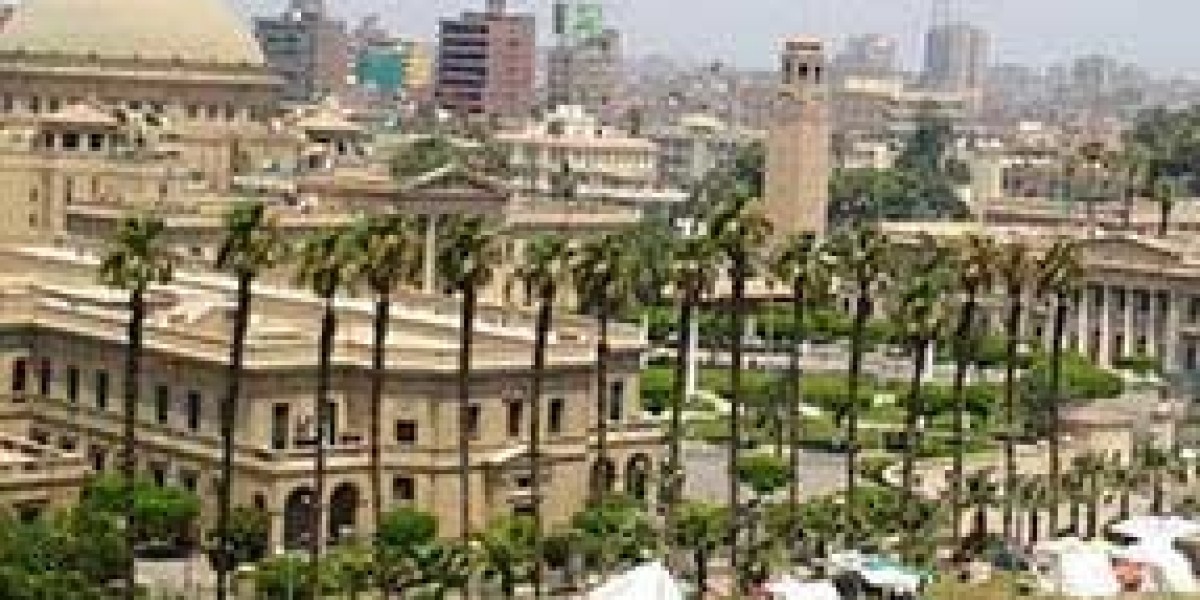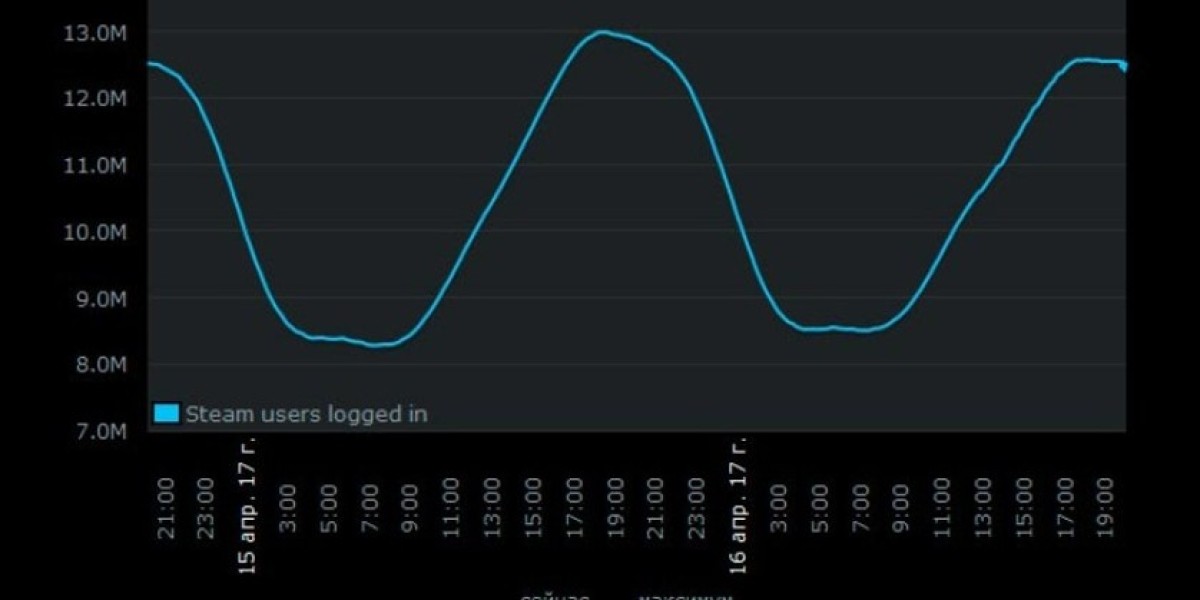Studying mbbs in Egypt for Indian students is a big decision not just for the child, but for the entire family. It is emotional, financial and practical all at once. Before parents say “yes, you can go,” there are a lot of genuine questions in their mind: Is it safe? Is the degree valid? How much will it really cost? Will my child manage alone in a new country? An honest checklist helps you move from confusion and fear to clarity and confidence.
1. Be clear why Egypt – not just “any MBBS abroad”
The first thing parents should honestly ask is: why are we sending our child to Egypt specifically? Is it only because someone said “MBBS abroad is cheap,” or because you have actually understood what Egypt offers?
Egypt should make sense for your child in three ways: it should be financially reasonable compared to private MBBS in India, it should offer recognised medical education, and it should align with your child’s long-term plan, whether that is practising in India, giving FMGE/NExT, or targeting PG abroad. If the decision is based only on peer pressure or a random agent’s promise, it is better to pause and research more.
2. Check university recognition, not just fancy names
Parents must calmly verify whether the university being suggested is genuinely recognised. The name sounding foreign or grand does not guarantee anything. You need to check if the university is listed in trusted international directories like WDOMS and if it meets the criteria required by Indian authorities for FMGE or NExT eligibility as per the latest regulations.
You should confirm basic details such as the duration of the course, the nature of the degree awarded, and whether the program is specifically designed for international students. It is wise to cross-check the information on the university’s official website rather than relying only on brochures, agents or social media posts. A few hours of honest verification can prevent years of regret later.
3. Understand the real cost: tuition, hostel and living
Many parents make the mistake of looking only at the tuition fees mentioned in marketing material. A realistic checklist must include every major expense: tuition per year, hostel or apartment cost, food, health insurance, visa fees, flight tickets, local transport, exam charges and any yearly registration or documentation fees.
You should calculate the total cost for the full duration of the course, not just the first year. It is also important to understand whether fees are fixed in USD or local currency, and how currency fluctuation may affect your budget. Once you have a realistic figure, compare it honestly with what you would have spent in an Indian private college. This comparison often gives clarity on whether Egypt is truly affordable for your family.
4. Confirm medium of teaching, curriculum and exam pattern
Parents must ensure that the medium of instruction is English for the full MBBS program, especially for international students. If some subjects or clinical interactions require local language, you should know how the university supports students in learning basic terms or communication skills.
It is also important to understand the curriculum structure: when do clinical postings start, how internal exams are conducted, what the passing criteria are and how strict the attendance requirements will be. If your child is planning to return to India, choosing a university whose teaching style and subject distribution are broadly compatible with Indian-style preparation for FMGE or NExT will be a big advantage.
5. Evaluate the quality of clinical exposure
A parent’s checklist should go beyond “is there a hospital attached?” You should ask what type of hospital is linked to the university, whether it is a government teaching hospital, what kind of departments it has, and whether students actually get to see patients regularly or only in final years.
Try to understand from seniors or trusted sources how the practical training works: do students get cases to take history from, are there bedside demonstrations, are they encouraged to interact with doctors in OPD and wards? The real strength of a medical graduate lies in clinical exposure, so this part of the checklist deserves serious thought.
6. Safety, accommodation and daily life
No parent will feel peaceful until they are convinced their child will be safe and reasonably comfortable. You should gather clear information about the location of the university, the nature of the city, and the distance between hostel and campus. It helps to know whether the hostel has separate arrangements for boys and girls, what security arrangements are in place, and what rules are enforced for entry, night timing and visitors.
Daily life matters too: food options, especially whether vegetarian or Indian food is easily available; climate and how your child will adjust; and access to basic services like hospitals, grocery stores and pharmacies. Talking to seniors or genuine student reviews can give a more honest picture than polished promotional videos.
7. FMGE/NExT and long-term career planning
Parents should not look at MBBS as the final destination, especially if the child plans to return to India. An honest checklist must include the question: after completing MBBS in Egypt, what happens next? You should understand the current requirement of clearing FMGE or NExT, the exam pattern, and the kind of preparation needed.
Ask whether the university has a track record of graduates clearing FMGE or if students usually join external coaching for that. Your child’s long-term goal—whether it is practising in India, going for PG in the UK or US, or exploring other countries—should be discussed clearly. The MBBS choice in Egypt should support that long-term plan instead of creating unexpected barriers.
8. Choosing a consultant or going direct – check transparency
Many Indian families use education consultants to manage admissions and documentation. There is nothing wrong with taking help, but parents must be alert. A consultant who pushes a particular university without showing alternatives, gives only “last date” pressure, avoids written breakdowns of cost, or promises guaranteed future outcomes like “100% FMGE pass” should be a red flag.
If you are working with a consultant, demand clear written information: fee structure, services included, refund rules, and what support is given after the student reaches Egypt. Keep all payments transparent and traceable. The consultant should be a guide, not the only source of truth. Parents should still independently verify the university and country details.
9. Emotional readiness and support system for your child
Beyond documents and fees, parents must honestly ask: is my child emotionally ready to live away from home in another country? Medical studies are demanding, and staying away from family support can be challenging. A mature and motivated student who genuinely wants to become a doctor will adjust better than someone who is being forced or is unsure.
You should talk openly with your child about homesickness, cultural differences, language issues and the pressure of exams. It helps to have a plan for regular communication—weekly video calls, check-ins during exam time, and visits if possible. Knowing that there is a support system back home gives the student strength to face challenges abroad more confidently.
10. Documentation, deadlines and legal formalities
A practical checklist must include all the paperwork: passport validity, marksheets, NEET scorecard, admission letter, medical tests, police clearance if required, visa documents and travel insurance. Parents should make sure no step is taken in a hurry or carelessly, because a small mistake in documentation can delay or damage the entire process.
Check application deadlines, visa timelines and tentative joining dates so that there is enough time to prepare mentally and logistically. Keep copies of every important document, both physical and digital, and ensure your child also understands what each document is for.
Final family decision: logic first, emotion second
At the end of this checklist, parents should sit together with their child and ask one simple question: does this decision make sense logically, financially and emotionally for our family? If the university is recognised, the overall cost is manageable, safety and accommodation look acceptable, and your child seems genuinely committed to the journey, then allowing them to study MBBS in Egypt can be a thoughtful and future-focused choice.
If, however, there are too many unanswered questions, hidden costs, vague answers from agents, or if your child is not mentally prepared, it is better to pause and rethink. An honest checklist is not there to scare you; it is there to protect your child’s dream and your family’s trust. When parents move ahead with clarity instead of confusion, Studying MBBS in Egypt can become a confident step towards their child’s medical career rather than a risky experiment.






